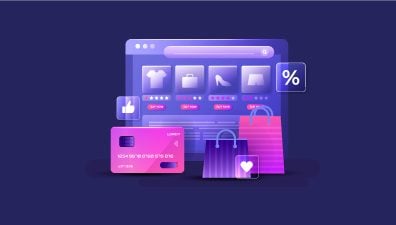As we delve into the world of omnichannel commerce platforms, remember, the goal is not just to sell across multiple channels but to do so in a way that elevates the customer experience, ensuring that every interaction is consistent, personalized, and engaging. The journey towards omnichannel excellence begins with understanding the capabilities and benefits of the top omnichannel commerce platforms in the market. This comprehensive guide will explore the features, advantages, and business impacts of the top 9 omnichannel commerce platforms, providing valuable insights to help you choose the platform that best aligns with your business goals and customer needs.
Table of Contents
Overview of Omnichannel Commerce Platforms
An omnichannel commerce platform is not just a system that allows for selling across multiple channels; it’s a sophisticated solution that integrates these channels to provide a unified, seamless customer experience. Whether a customer shops online from a mobile device, or a laptop, visits a brick-and-mortar store or reaches out through social media, their experience should be consistent and fluid across all touchpoints. This consistency is the hallmark of a true omnichannel commerce platform.
What makes a platform omnichannel?
An omnichannel commerce platform distinguishes itself through several key capabilities:
- Integration Capabilities: It allows for the seamless integration of various sales channels, including online marketplaces, social media, mobile apps, and physical stores. This integration ensures that customers can switch between channels without any disruption to their shopping experience.
- Data Consistency: Omnichannel platforms maintain a centralized database for customer data, inventory levels, pricing information, and more. This consistency ensures that customers receive up-to-date information and a personalized experience across all channels.
- Customer Experience: These platforms are designed with the customer journey in mind, offering personalized interactions based on customer data and preferences. They provide tools for engaging customers at every step of their journey, from discovery to post-purchase.
- Real-time Analytics: Omnichannel commerce platforms offer advanced analytics and reporting features, providing businesses with real-time insights into customer behavior, sales trends, and channel performance. These insights enable businesses to make informed decisions and tailor their strategies to meet customer needs effectively.
Criteria for Selecting the Top 9 Platforms
In selecting the top 9 omnichannel commerce platforms, several criteria were considered to ensure a comprehensive evaluation:
- Integration Capabilities: Platforms must offer robust integration options for various sales channels and backend systems (e.g., ERP, CRM).
- Scalability: The platform should be able to support business growth, handling increased traffic and transactions without compromising performance.
- Customer Experience: Selected platforms must provide tools and features that enable businesses to create personalized and engaging customer experiences across all channels.
- Analytics and Reporting: Advanced analytics capabilities are essential for understanding customer behavior and optimizing omnichannel strategies.
- Support and Community: The availability of technical support, as well as an active community of users and developers, can significantly enhance the platform’s value.
Now, let’s dive in and figure out what are the best omnichannel commerce platforms available on the market.
9 Best Omnichannel Commerce Platforms
These 9 platforms not only facilitate efficient inventory management and customer service but also incorporate advanced analytics and reporting tools to help businesses optimize their operations and sales strategies.
Shopify Plus
Shopify Plus represents the enterprise arm of Shopify, a leading name in the world of eCommerce platforms. It’s specifically engineered for scalability and reliability, aiming to support the burgeoning needs of high-growth businesses and established brands. This platform stands out for its ability to simplify the complexity of running an expansive online store while providing the robustness required for enterprise-level operations.
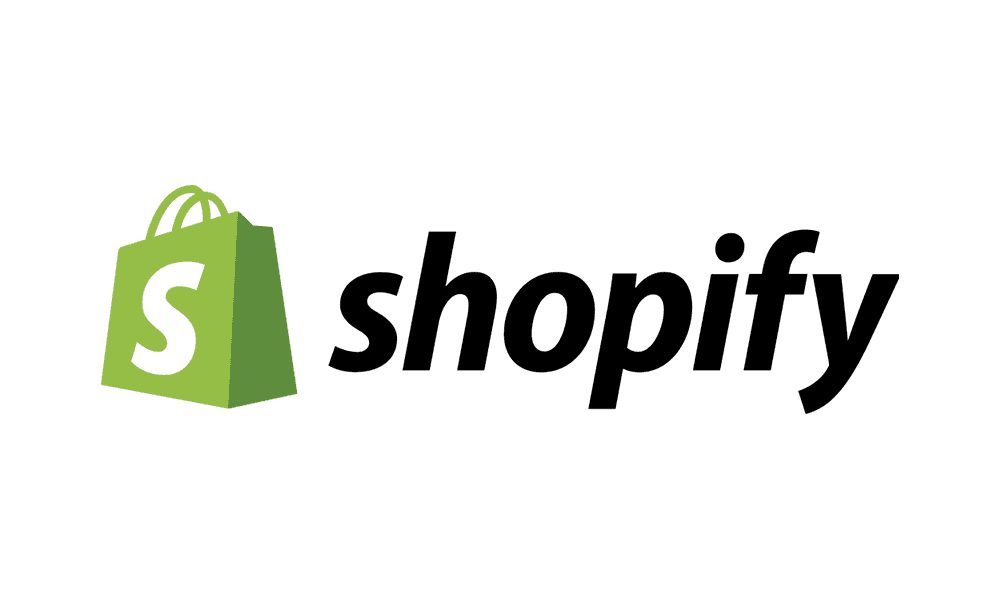
The target market for Shopify Plus includes large-scale e-retailers and fast-growing businesses that have outgrown the capabilities of standard eCommerce solutions. These businesses often require a higher level of customization, more extensive customer support, and advanced features that can handle a high volume of sales and traffic. Key industries served by Shopify Plus include fashion, cosmetics, food and beverage, electronics, and more, illustrating its versatility across sectors.
Key Benefits for Omnichannel Retailers
Shopify Plus offers several compelling benefits for omnichannel retailers, underpinning its reputation as a leading omnichannel commerce platform:
- Unified Customer Experience: Shopify Plus enables businesses to integrate their online and offline channels, providing a cohesive shopping experience. Customers can enjoy a seamless journey from browsing online to purchasing in-store or vice versa, with all their interactions and preferences tracked across channels.
- POS Integration: Its point-of-sale (POS) system is fully integrated with the eCommerce platform, allowing for real-time inventory management, customer data synchronization, and a unified backend that streamlines operations across physical and digital storefronts.
- Scalability: Shopify Plus is built to scale, handling thousands of transactions per minute without a hitch. This scalability ensures that businesses can grow their operations without worrying about website downtime or degraded performance during high-traffic events.
- Extensive App Marketplace: The platform boasts an extensive app marketplace, offering solutions for marketing, SEO, customer service, and more. This ecosystem allows businesses to extend the functionality of their eCommerce operation, tailoring the platform to their specific needs and enhancing their omnichannel strategy.
- Customization and Control: Shopify Plus offers advanced customization options, including the ability to edit the checkout experience, access to Shopify’s API for custom integrations, and features like Shopify Flow that automate complex processes, giving businesses unprecedented control over their operations.
- Multi-Channel Selling: Shopify supports selling across multiple channels, including online stores, social media platforms, online marketplaces, and in-person sales. Retailers can manage all their sales channels from a single dashboard, making it easier to reach customers wherever they are.
Examples of Successful Omnichannel Businesses Using Shopify Plus
Several high-profile brands have utilized Shopify Plus to spearhead their omnichannel strategies, showcasing the platform’s versatility and power:
Gymshark has transformed from a garage startup into a global fitness apparel and accessories powerhouse, largely thanks to its strategic use of Shopify Plus. Recognizing the importance of a unified brand experience across all channels, Gymshark leveraged Shopify Plus to streamline its online presence, ensuring that customers receive the same high-quality experience whether shopping online or interacting with the brand on social media.
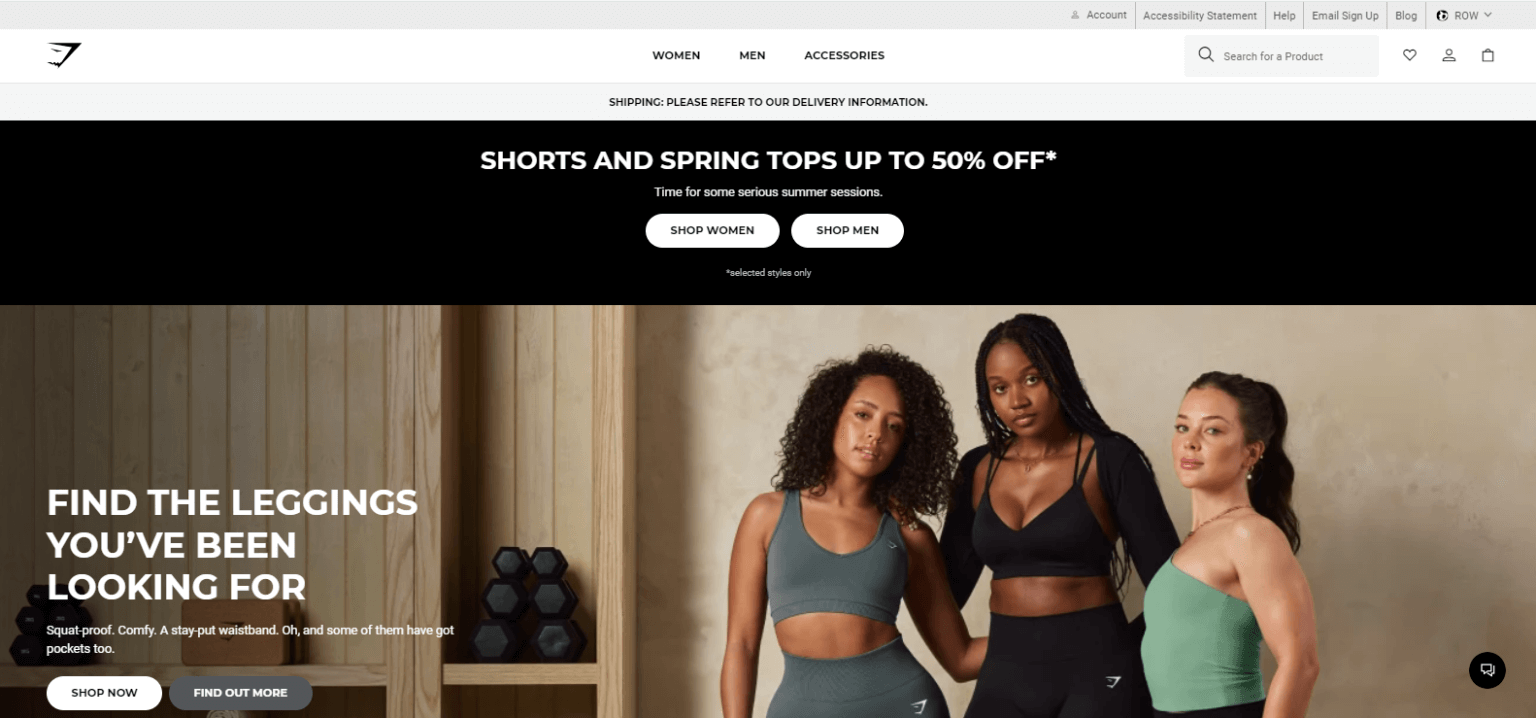
The platform’s scalability allowed Gymshark to handle massive traffic spikes during product launches and sales events, ensuring the website remained fast and reliable. Additionally, Shopify Plus’s comprehensive analytics tools have enabled Gymshark to glean insights into customer behavior, further refining their marketing strategies and product offerings to meet the evolving needs of their global audience.
The Netflix Merch Shop represents an innovative foray into eCommerce by the streaming giant, offering merchandise related to its popular shows and movies. Utilizing Shopify Plus, Netflix was able to quickly launch a visually appealing online store that reflects the brand’s identity, while also managing inventory and fulfilling orders efficiently.

Shopify Plus’s flexibility in integrations meant that Netflix could easily implement a content management system (CMS) that works seamlessly with its eCommerce operations, enabling the merch shop to update product listings in real-time based on trending shows. This strategic move not only opened up a new revenue stream for Netflix but also deepened fan engagement with its content.
ColourPop, a beauty brand known for its high-quality, affordable makeup products, has effectively used Shopify Plus to cater to its rapidly growing customer base. The brand has capitalized on Shopify Plus’s robust eCommerce tools to offer personalized shopping experiences, from product recommendations to exclusive offers for repeat customers.

The platform’s efficient order management and fulfillment capabilities have ensured that ColourPop can keep up with the high demand, especially during new product launches and promotional events. Furthermore, Shopify Plus’s SEO and marketing tools have allowed ColourPop to expand its reach, attracting new customers and retaining existing ones through targeted campaigns.
These examples highlight how Shopify Plus serves as an enabling foundation for businesses to implement successful omnichannel strategies. By leveraging the platform’s robust features, brands can create a seamless and engaging customer journey across all touchpoints, driving growth and enhancing customer loyalty in the competitive landscape of omnichannel retail.
Magento Commerce
Magento Commerce, renowned for its flexibility and scalability, is tailored for businesses that prioritize growth and customization in their eCommerce strategy. Magento’s target market spans from mid-sized businesses to large enterprises across various sectors such as fashion, electronics, food and beverages, and more. The platform is particularly favored by businesses that require a bespoke eCommerce experience or have complex integration needs, offering them the tools to build unique online stores that can scale as they grow.
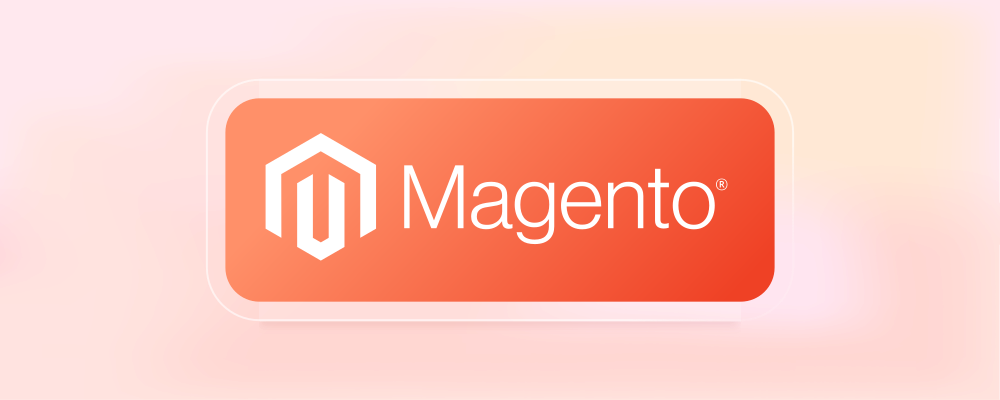
Designed to cater to businesses of all sizes, from small startups to large enterprises, Magento offers a powerful blend of eCommerce and omnichannel capabilities. Its open-source nature allows for unparalleled customization and integration capabilities, making it a preferred choice for businesses aiming to provide a personalized shopping experience across multiple channels.
Key Benefits for Omnichannel Retailers
Magento Commerce stands out among omnichannel commerce platforms for several reasons, each contributing to its position as a top choice for omnichannel retailers:
- Integrations: Magento boasts a vast ecosystem of extensions and integrations, enabling businesses to connect with numerous third-party applications and services. This flexibility allows retailers to seamlessly integrate their online and offline channels, ensuring consistent customer experiences.
- Inventory Management: With advanced inventory management features, Magento helps retailers maintain accurate stock levels across all sales channels. This capability is crucial for omnichannel success, as it prevents stockouts and overstocking, thereby enhancing customer satisfaction.
- Analytics and Reporting: Magento’s comprehensive analytics and reporting tools empower retailers to gain deep insights into their sales, customer behavior, and inventory performance. These insights are invaluable for making informed decisions and strategizing for growth.
- Global Scalability: Magento is designed for global commerce, offering multi-language, multi-currency, and multi-site functionality. This global scalability makes it an ideal platform for businesses looking to expand their reach across international markets.
- B2B Features: Beyond B2C commerce, Magento also excels in B2B functionalities. It provides features like custom pricing, bulk ordering, and quick reorder processes, catering to the complex needs of B2B transactions.
- Customization: Perhaps one of Magento’s most compelling advantages is its high degree of customization. Thanks to its open-source nature, businesses can tailor the platform to their unique requirements, creating a truly personalized shopping experience.
Examples of Successful Omnichannel Businesses Using Magento
Several leading brands have leveraged Magento Commerce to power their omnichannel retail strategies, demonstrating the platform’s versatility and effectiveness:
Coca-Cola, the iconic global beverage leader, utilized Magento to revamp its online presence, creating a direct-to-consumer platform that mirrors the brand’s widespread appeal. Magento’s robust features enabled Coca-Cola to offer personalized shopping experiences, incorporating localized marketing campaigns and exclusive online promotions. This strategic move not only streamlined Coca-Cola’s online sales and distribution but also deepened its connection with consumers, allowing for direct engagement and feedback.

The Magento platform facilitated an innovative approach to merchandise and brand experiences, such as customizable bottles and exclusive online content, further solidifying Coca-Cola’s omnichannel strategy. The beverage giant utilized Magento to create a customized B2C platform that integrates with its existing systems, enabling a seamless omnichannel experience. Through its Magento-powered website, Coca-Cola offers personalized products and merchandise, along with a robust loyalty program, bridging the gap between online and offline interactions.
Burger King leveraged Magento’s capabilities to enhance its digital ordering system, integrating it seamlessly with its physical outlets for a unified customer journey. This integration allowed customers to place orders online or via mobile apps and choose between delivery or pick-up options from their nearest Burger King location.
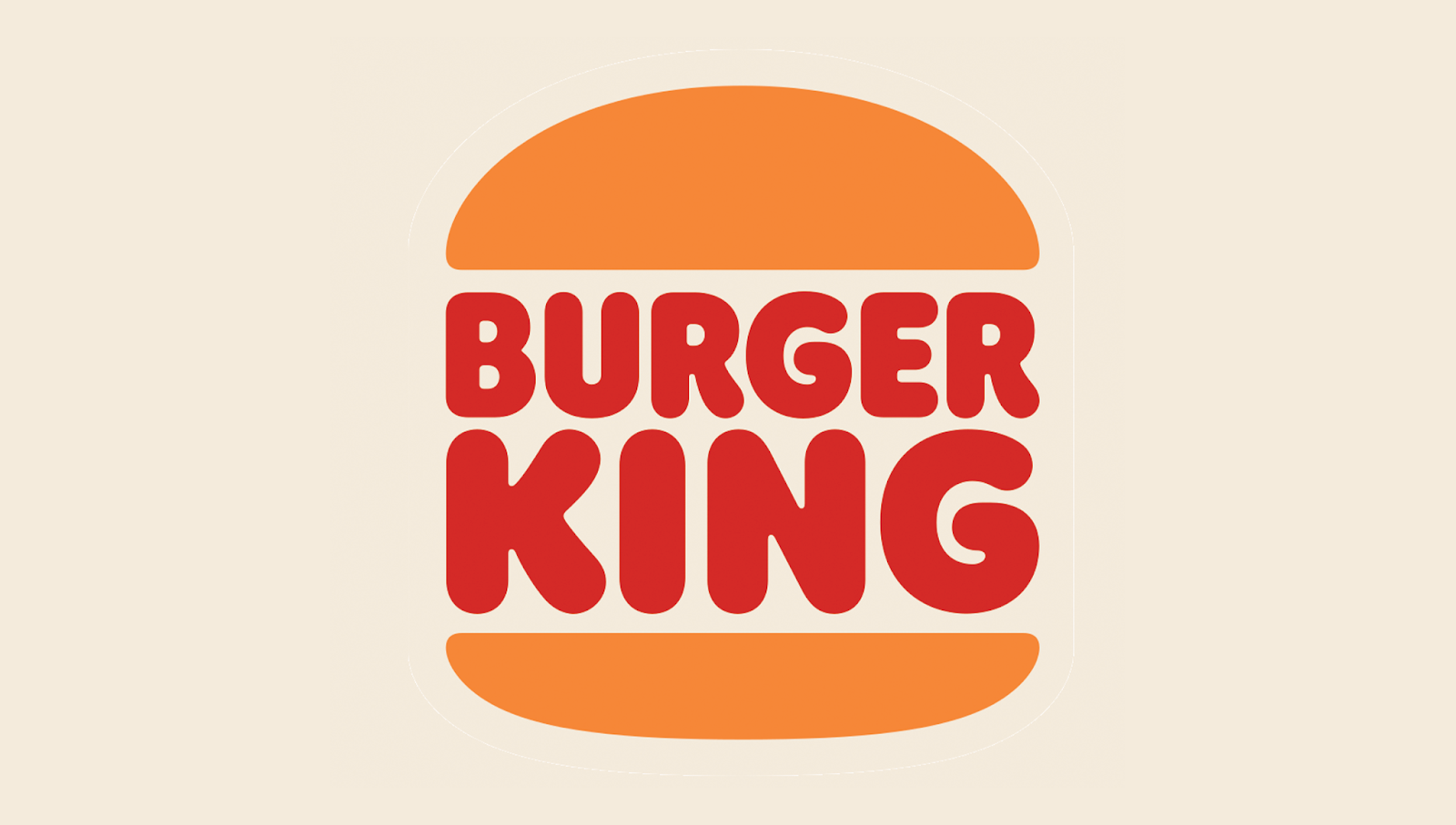
Magento’s scalability ensured that Burger King could handle a high volume of orders simultaneously, improving operational efficiency and customer satisfaction. The platform’s advanced analytics tools also provided Burger King with valuable insights into customer preferences and buying patterns, enabling data-driven decisions to optimize menu offerings and promotional strategies.
Christian Louboutin, the renowned luxury footwear and fashion brand, embraced Magento to offer its discerning clientele an immersive online shopping experience that matches the brand’s retail elegance. Magento’s customization capabilities allowed Christian Louboutin to showcase its products beautifully while ensuring the eCommerce site reflected the brand’s high standards for design and user experience.

The platform’s global eCommerce features supported the brand’s international customer base, offering multi-language and multi-currency options, and streamlined global shipping. By integrating online and in-store experiences, Christian Louboutin provided customers with flexible shopping options, including the ability to reserve items online for in-store fitting, enhancing the luxury shopping experience.
These examples underscore Magento Commerce’s role as a leading omnichannel commerce platform, capable of supporting diverse and complex retail operations while maintaining a focus on delivering exceptional customer experiences. By harnessing the power of Magento, businesses can not only meet but exceed the evolving expectations of today’s consumers, ensuring a cohesive journey across all touchpoints and channels.
BigCommerce
BigCommerce stands as a towering figure in the realm of omnichannel commerce platforms, providing robust solutions for businesses aiming to establish, expand, or optimize their online and offline retail presence. Designed with scalability in mind, it caters to a wide array of businesses, from small startups to large enterprises, offering them a seamless, efficient, and integrated experience across various channels.
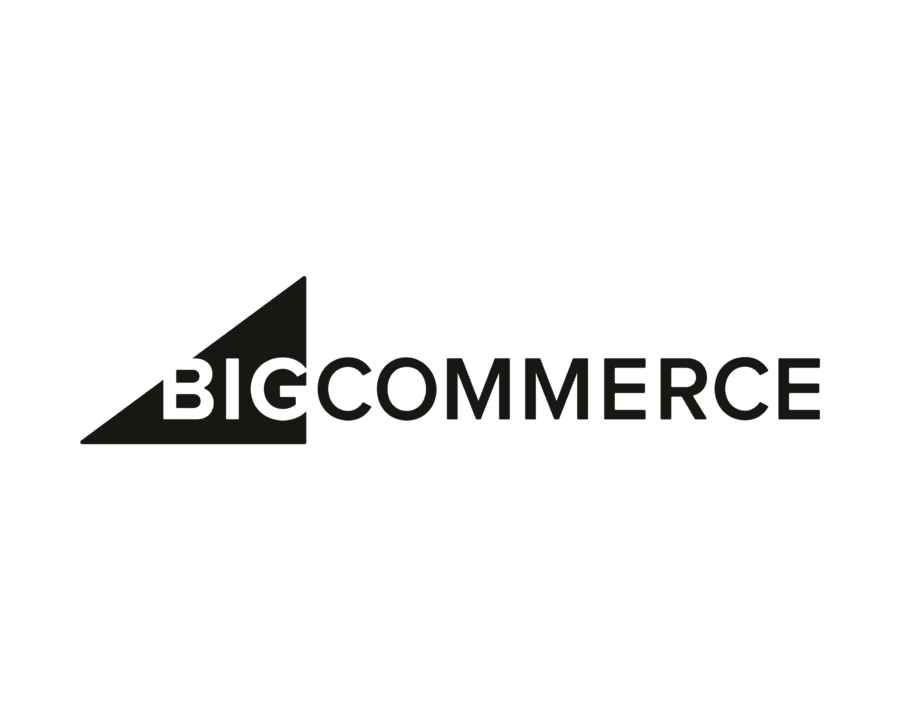
The platform’s target market is broad yet defined; it includes B2C and B2B merchants who are looking to leverage the power of digital transformation to enhance their sales and customer engagement strategies. With a particular emphasis on user-friendliness, flexibility, and extensive customization options, BigCommerce appeals to a range of industries including fashion, electronics, health and beauty, and more, proving its versatility and capability to meet diverse business needs.
Key Benefits for Omnichannel Retailers
BigCommerce offers a robust, scalable solution that supports businesses as they grow; along with plethora of benefits for omnichannel retailers:
- Native Social and Marketplace Integrations: BigCommerce excels in offering native integrations with major social media platforms like Facebook, Instagram, and Pinterest, as well as marketplaces such as Amazon, eBay, and Google Shopping. This enables retailers to manage their presence across multiple channels directly from their BigCommerce dashboard.
- Headless Commerce Capabilities: For businesses looking to customize their online storefronts extensively, BigCommerce provides headless commerce capabilities. This means retailers can use their preferred front-end solutions (like WordPress or Drupal) for content management and UX while leveraging BigCommerce for the eCommerce functionality.
- SEO and Marketing Tools: The platform comes equipped with built-in SEO tools that help businesses rank higher in search engine results, driving more organic traffic to their sites. Marketing tools for email campaigns, discount and coupon creation, and social media marketing are also available.
- Comprehensive Analytics: BigCommerce offers detailed analytics and reporting tools that give insights into sales trends, customer behavior, and inventory management, helping businesses make informed decisions.
- Extensive App Marketplace: The BigCommerce App Marketplace is a treasure trove of add-ons and integrations that extend the functionality of the platform, from advanced shipping solutions to payment processors and marketing tools.
- Global Selling: With support for multiple currencies, international shipping options, and global marketplace integrations, BigCommerce is an ideal platform for businesses looking to expand their reach globally.
Examples of Successful Omnichannel Businesses Using BigCommerce
As a prominent player in the omnichannel commerce platform space, BigCommerce has been pivotal for various leading brands aiming to refine and execute their omnichannel retail strategies. Its comprehensive features and integrations allow these brands to offer a seamless shopping experience to their customers across multiple channels.
Skullcandy, renowned for its stylish and performance-driven audio products, utilized BigCommerce to create an immersive online shopping experience that complements its brand ethos. The platform’s versatility allowed Skullcandy to showcase its wide range of products through engaging content and interactive elements, effectively translating the brand’s vibrant personality to its eCommerce site.
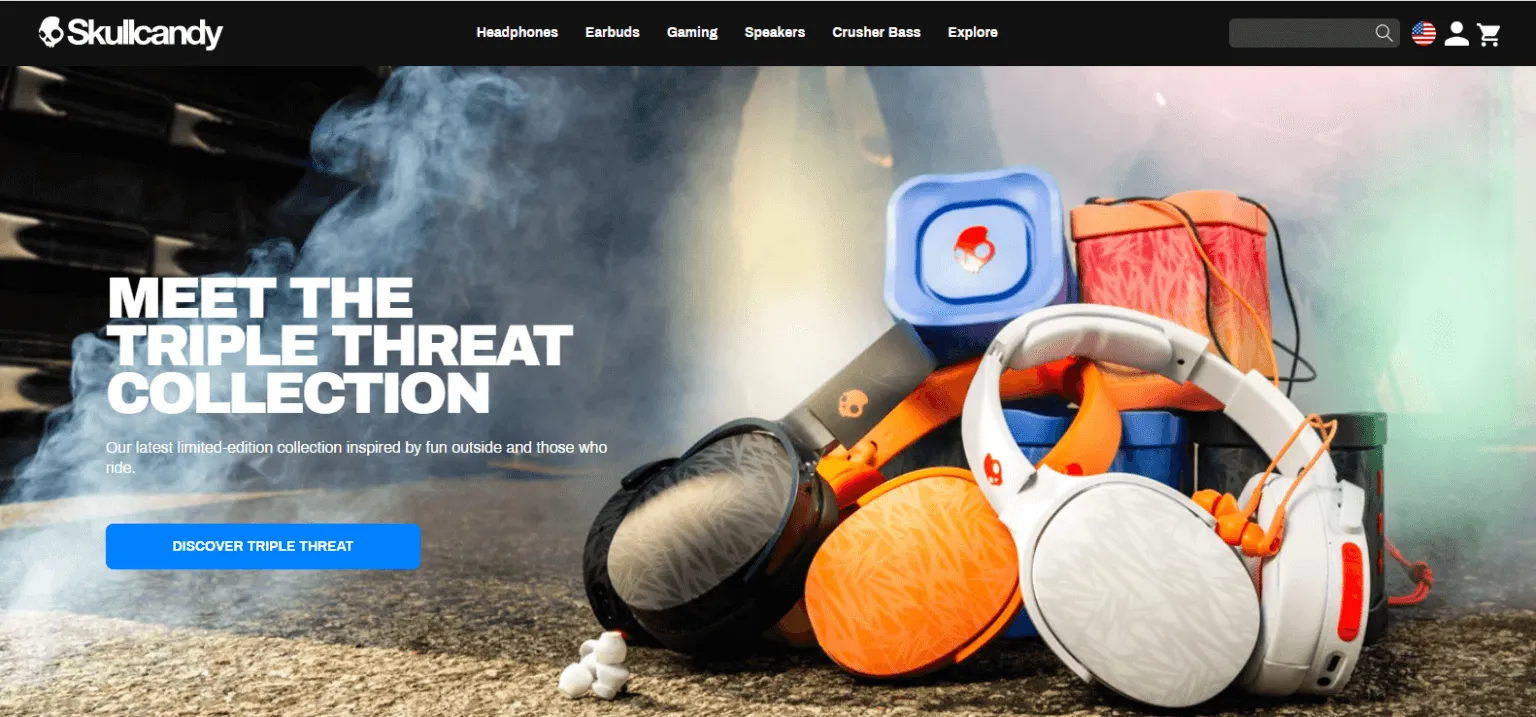
BigCommerce’s omnichannel capabilities enabled Skullcandy to synchronize its online and offline sales, offering customers flexibility in how they discover, explore, and purchase products. This cohesive approach has been instrumental in driving Skullcandy’s sales, bolstering its brand presence, and fostering a strong connection with its target audience.
Burrow, a direct-to-consumer furniture brand, leveraged BigCommerce to build a flexible and scalable eCommerce solution that matches its innovative approach to furniture design and sales. BigCommerce’s comprehensive tools enabled Burrow to offer customers customizable furniture options online, with detailed visuals and descriptions that closely mirror the in-store shopping experience.

Additionally, the platform facilitated an efficient order fulfillment process, crucial for managing Burrow’s modular furniture’s unique shipping and assembly requirements. By adopting an omnichannel strategy with BigCommerce, Burrow enhanced its customer journey, from discovery and customization to delivery and after-sales support, contributing significantly to the brand’s growth and customer satisfaction.
Ben & Jerry’s, the beloved ice cream brand known for its creative flavors and social activism, turned to BigCommerce to amplify its online presence and eCommerce capabilities. Through BigCommerce, Ben & Jerry’s was able to streamline its online ordering system, offering customers the convenience of purchasing their favorite flavors online for home delivery or in-store pickup.

The platform’s robust features supported Ben & Jerry’s in executing targeted marketing campaigns, managing a complex inventory that includes limited edition flavors, and engaging with customers through personalized experiences. This strategic move not only expanded Ben & Jerry’s sales channels but also reinforced its brand identity, providing a platform for advocacy alongside commerce.
By examining these examples, it’s clear that BigCommerce offers a powerful solution for businesses aiming to establish or expand their omnichannel presence. Its comprehensive suite of tools and integrations enables retailers to create a seamless shopping experience that meets the evolving expectations of today’s consumers.
Salesforce Commerce Cloud
Salesforce Commerce Cloud is a leading omnichannel commerce platform that enables brands to create unified, intelligent shopping experiences across all channels — web, mobile, social, and in-store. Built on the strength of Salesforce’s CRM capabilities, Commerce Cloud is designed to serve a wide range of industries, including retail, consumer goods, and fashion, among others.
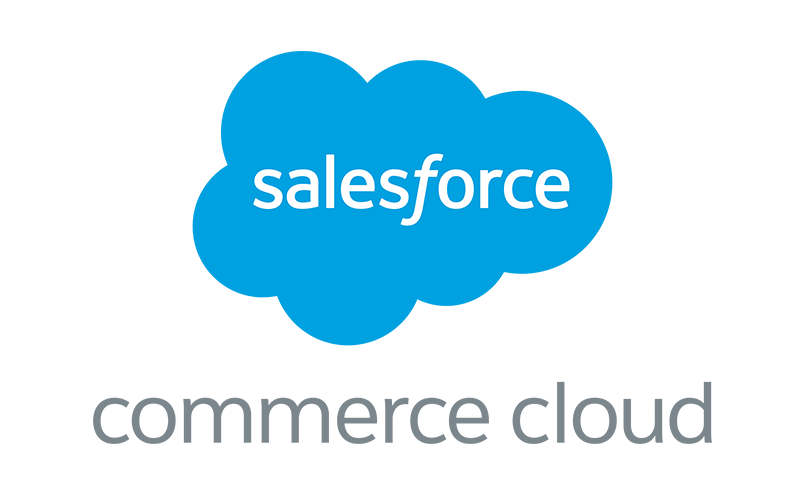
The target market of Salesforce Commerce Cloud is broad, encompassing small to large enterprises seeking to leverage cloud technology for scalable, customer-centric commerce solutions. Salesforce Commerce Cloud is especially favored by businesses looking to harness the power of data and AI to personalize the customer experience and drive sales.
Key Benefits for Omnichannel Retailers
Salesforce Commerce Cloud offers a plethora of features that cater to the dynamic needs of omnichannel retailers. The platform’s key benefits include but are not limited to:
- AI-Driven Personalization: Leveraging Salesforce Einstein, Commerce Cloud provides AI-driven personalization that tailors the shopping experience for each customer. From product recommendations to predictive search, these personalized interactions enhance customer engagement and increase conversion rates.
- Extensive Customer Insights: The integration with Salesforce’s powerful CRM tools allows retailers to gain a 360-degree view of their customers. This unified customer profile enables businesses to deliver cohesive and personalized experiences across all touchpoints, fostering loyalty and repeat business.
- Unified Commerce Experience: Salesforce Commerce Cloud excels in creating a seamless omnichannel journey, allowing customers to move fluidly between online and offline channels. Features such as order management and in-store extensions ensure inventory visibility and fulfillment flexibility, enhancing the overall shopping experience.
- Ecosystem and Integration: The platform benefits from Salesforce’s extensive ecosystem, offering integrations with numerous third-party applications and services. This ecosystem enables retailers to extend the capabilities of their commerce platform, from marketing automation to customer service, creating a comprehensive solution that meets all their needs.
Examples of Successful Omnichannel Businesses Using Salesforce Commerce Cloud
Several high-profile brands have leveraged Salesforce Commerce Cloud to enhance their omnichannel strategies, achieving remarkable success in providing seamless customer experiences.
Gucci, a leading luxury fashion brand, turned to Salesforce Commerce Cloud to offer an unmatched online shopping experience that mirrors the exclusivity and sophistication of its physical boutiques.

Salesforce Commerce Cloud facilitated the integration of online and offline customer journeys, allowing Gucci to provide services such as online reservations for in-store appointments and real-time inventory visibility across all channels. This omnichannel approach has not only enhanced customer satisfaction but also driven substantial growth in Gucci’s eCommerce sales, proving the effectiveness of a unified retail strategy.
L’Oréal, the world’s largest cosmetics company, leveraged Salesforce Commerce Cloud to revolutionize its digital strategy across its portfolio of brands. By utilizing the platform, L’Oréal was able to provide personalized experiences to customers worldwide, integrating customer data across all touchpoints to offer tailored recommendations and services.

This personalization, driven by AI and machine learning capabilities of Salesforce Commerce Cloud, enabled L’Oréal to significantly increase customer engagement and loyalty. Moreover, the platform’s global scalability supported L’Oréal’s expansion into new markets, ensuring consistent brand experiences worldwide.
IBM, a multinational technology and consulting company, utilized Salesforce Commerce Cloud to streamline its B2B and B2C eCommerce operations. The platform’s flexibility in handling complex sales processes and customer relationships allowed IBM to offer a seamless purchasing experience for both individual consumers and business clients.
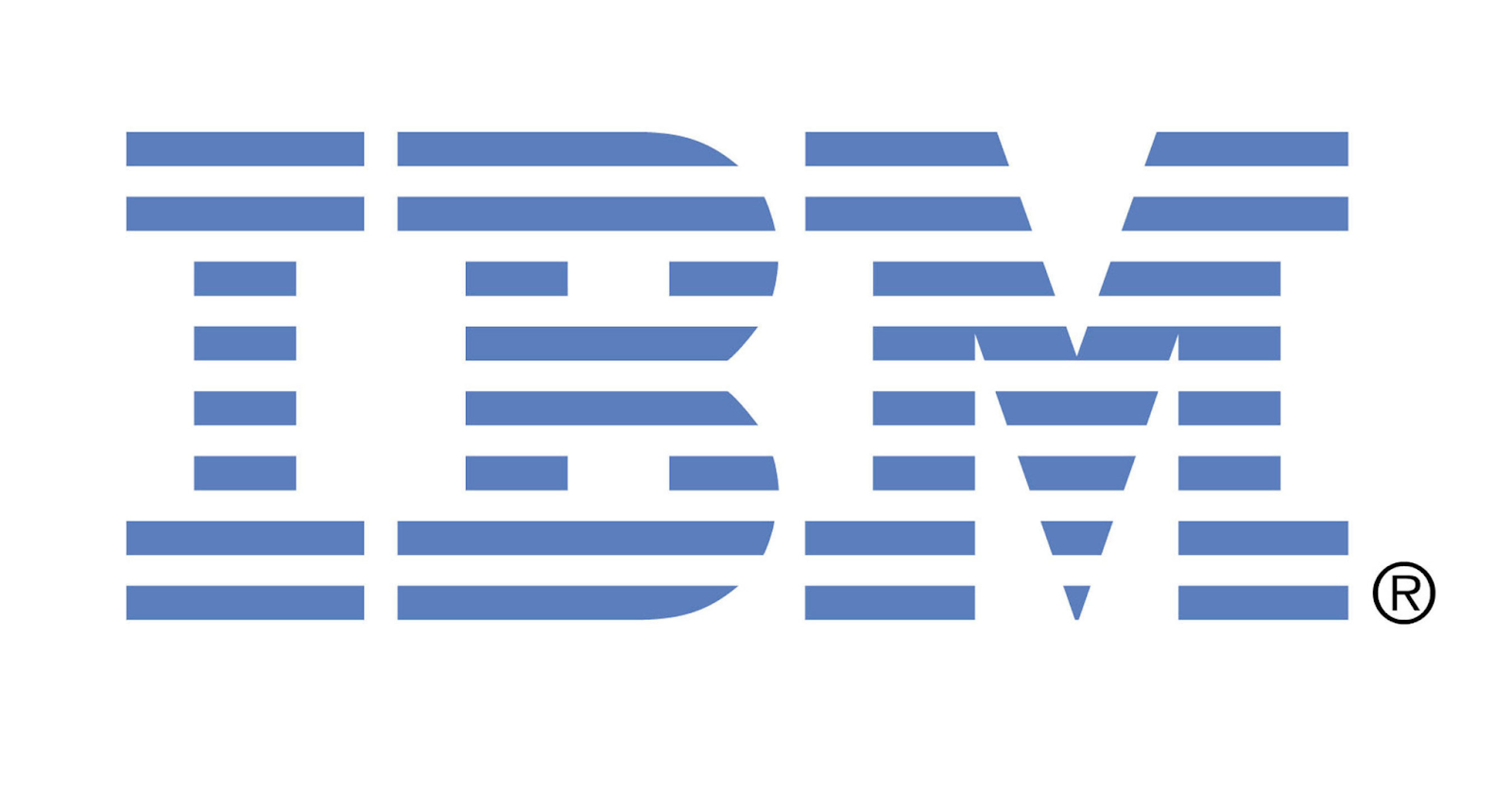
Salesforce Commerce Cloud’s advanced analytics tools provided IBM with deep insights into customer behavior, enabling the company to optimize its digital offerings and marketing strategies effectively. This strategic use of Salesforce Commerce Cloud has empowered IBM to maintain its leadership in the highly competitive tech industry.
These examples illustrate how Salesforce Commerce Cloud empowers businesses to excel in omnichannel retailing by leveraging AI, extensive customer insights, and a robust ecosystem. The platform’s ability to create personalized, seamless shopping experiences across multiple channels has made it a preferred choice for brands striving to meet the evolving expectations of today’s consumers. Through its comprehensive suite of features, Salesforce Commerce Cloud stands as a pivotal solution for businesses aiming to achieve success in the competitive landscape of omnichannel commerce.
SAP Commerce Cloud
SAP Commerce Cloud is part of the SAP Customer Experience suite, designed to offer businesses a powerful platform for eCommerce and omnichannel retailing. It caters to a wide range of industries, including retail, telecommunications, manufacturing, and more, providing solutions that are as diverse as the businesses it serves. The platform’s target market spans from mid-sized companies to large enterprises looking to digitize their commerce operations, streamline their processes, and enhance the customer experience across all channels.
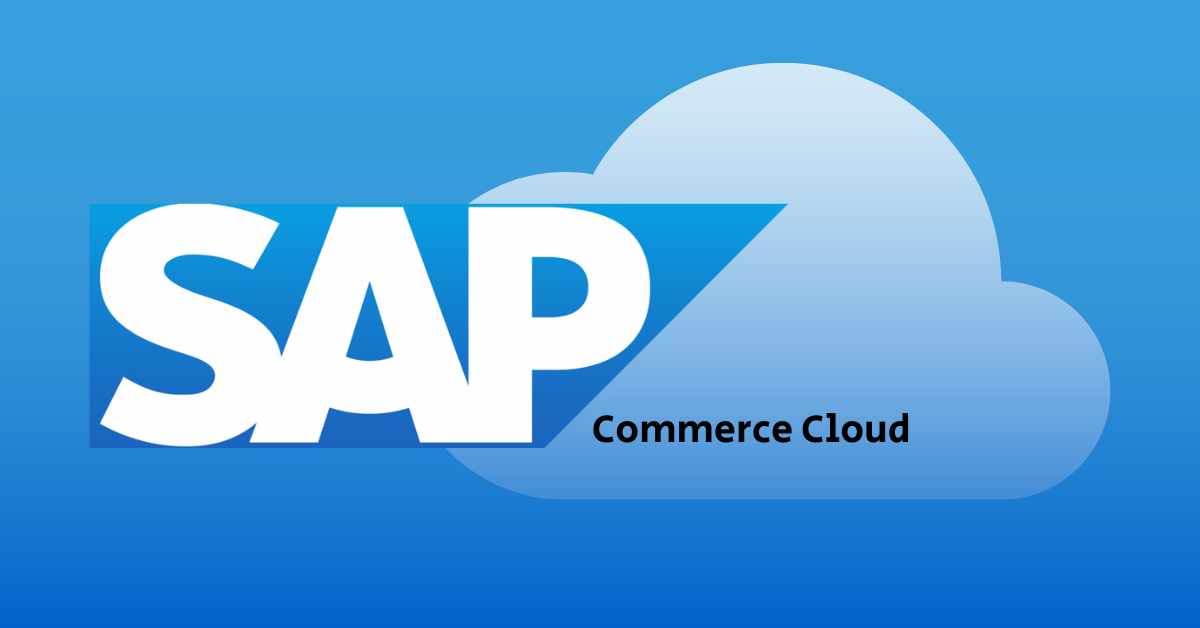
SAP Commerce Cloud is particularly appealing to businesses with complex operational needs, such as those requiring support for multiple brands, regions, and channels within a single platform. Its robust architecture and extensive capabilities make it a preferred choice for companies aiming to expand their global footprint while maintaining a cohesive brand experience.
Key Benefits for Omnichannel Retailers
The platform offers several key benefits tailored to the demands of omnichannel retailers, setting it apart in a crowded marketplace:
- Powerful B2B and B2C Functionalities: SAP Commerce Cloud provides a flexible and powerful solution designed to meet the needs of both B2B and B2C markets. It supports complex business models, multiple pricing schemes, and a wide range of customer management processes, making it possible for businesses to cater to the unique needs of each segment effectively.
- Global Support: With its global infrastructure and support system, SAP Commerce Cloud ensures that businesses can operate in various markets around the world. The platform offers multi-language and multi-currency support, as well as localization capabilities, which are critical for businesses looking to provide a localized shopping experience to customers across different geographies.
- Extensive Integration Capabilities: One of SAP Commerce Cloud’s standout features is its ability to integrate seamlessly with other SAP products and external systems. This includes ERP, CRM, and marketing automation tools, allowing for the synchronization of data and processes across the enterprise. These integration capabilities are essential for creating a unified view of the customer and delivering a cohesive omnichannel experience.
Examples of Successful Omnichannel Businesses Using SAP Commerce Cloud
Several notable enterprises have successfully implemented SAP Commerce Cloud to drive their omnichannel strategies, demonstrating the platform’s versatility and power:
Electrolux utilized SAP Commerce Cloud to consolidate its various regional websites onto a single, global platform. This unification enabled Electrolux to maintain brand consistency across markets while tailoring the customer experience to local languages, currencies, and preferences. Through the implementation of SAP Commerce Cloud, Electrolux was able to offer its customers a more personalized shopping experience. Features such as product recommendations, detailed product information, and customer reviews helped inform and reassure customers during the buying process. Additionally, the platform’s omnichannel capabilities allowed customers to seamlessly switch between online research, in-store visits, and customer service interactions.

SAP Commerce Cloud’s integration with Electrolux’s back-end systems, including ERP and CRM, facilitated smoother operations, from inventory management to customer service. This integration ensured real-time data synchronization across all touchpoints, improving operational efficiency and reducing the potential for errors. The enhanced customer experience and operational improvements led to increased sales and higher levels of customer loyalty for Electrolux. The ease and convenience of the omnichannel shopping journey provided by SAP Commerce Cloud encouraged repeat business and strengthened Electrolux’s relationship with its customers.
Aldo, a global leader in fashion footwear and accessories, adopted SAP Commerce Cloud to unify its eCommerce and in-store experiences. The platform enabled Aldo to offer a consistent shopping journey for customers, whether they were browsing online, via mobile, or in physical stores.

Key features like real-time inventory visibility, flexible delivery options, and the ability to return online purchases in-store have significantly improved customer satisfaction and loyalty. Furthermore, SAP Commerce Cloud’s robust analytics capabilities allowed Aldo to gain deeper insights into customer preferences and shopping behavior, enabling personalized marketing strategies and targeted promotions, leading to increased sales and a stronger online presence.
Nestlé, the world’s largest food and beverage company, leveraged SAP Commerce Cloud to streamline its direct-to-consumer (D2C) and B2B eCommerce platforms across multiple global markets. This move was part of Nestlé’s strategy to enhance digital engagement and offer more personalized and responsive customer service.

SAP Commerce Cloud facilitated the integration of Nestlé’s digital touchpoints with its existing systems, ensuring a cohesive brand experience across all channels. The platform’s scalability and flexibility have been crucial in Nestlé’s ability to quickly adapt to changing market demands and consumer trends, helping to maintain its leadership position in the highly competitive food and beverage industry.
These success stories underscore SAP Commerce Cloud’s ability to meet the diverse needs of omnichannel retailers, offering powerful B2B and B2C functionalities, global support, and extensive integration capabilities. Through its comprehensive approach to omnichannel commerce, SAP Commerce Cloud enables businesses to achieve operational excellence, deliver personalized customer experiences, and drive growth in the digital era.
Oracle NetSuite
Oracle NetSuite is a cloud-based Enterprise Resource Planning (ERP) software that provides businesses with a suite of tools designed to streamline operations, financials, eCommerce, and customer relationship management. While NetSuite’s offerings span across various business functions, its eCommerce solutions are particularly tailored for mid-sized to large enterprises aiming to integrate their front-end and back-end processes seamlessly. The platform’s target market includes a wide range of industries such as retail, wholesale distribution, manufacturing, and services, offering scalable solutions that grow with the business.
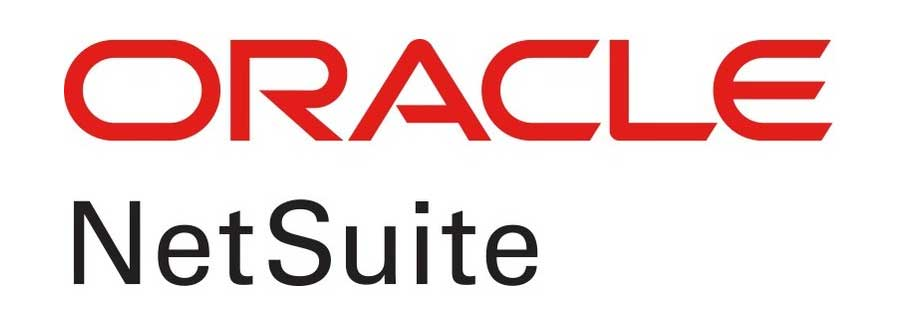
NetSuite’s ERP backbone sets it apart from other omnichannel commerce platforms, offering businesses an all-in-one solution that not only manages their eCommerce presence but also harmonizes their operational and financial systems. This holistic approach enables businesses to maintain a real-time view of their operations, enhancing decision-making and operational efficiency.
Key Benefits for Omnichannel Retailers
Oracle NetSuite offers a plethora of benefits to retailers navigating the complexities of omnichannel commerce, including:
- ERP Integration: At its core, NetSuite provides robust ERP functionalities, allowing businesses to integrate their financial operations with their retail channels. This integration ensures consistency across inventory, order management, and financial reporting, providing a unified view of the business operations.
- Real-Time Inventory Management: Oracle NetSuite shines in its ability to offer real-time inventory management, a critical component for omnichannel success. Retailers can track stock levels across multiple locations and channels, ensuring accurate inventory counts are available online and in-store, thereby minimizing stockouts and overstock situations.
- CRM Features: NetSuite’s CRM capabilities allow businesses to maintain a comprehensive view of their customers, tracking interactions, purchases, and preferences across all channels. This data is invaluable for creating personalized shopping experiences and targeted marketing campaigns, enhancing customer engagement and loyalty.
- Unified Customer Experience: By leveraging NetSuite’s suite of tools, businesses can provide customers with a seamless shopping experience, whether they’re shopping online from a mobile device, a laptop, or in a brick-and-mortar store. The consistency in product information, pricing, and availability supports a cohesive brand experience across all touchpoints.
Examples of Successful Omnichannel Businesses Using Oracle NetSuite
Several prominent businesses have leveraged Oracle NetSuite to drive their omnichannel strategies, achieving remarkable success in providing seamless and integrated customer experiences.
Elf Cosmetics (e.l.f. Cosmetics), a leading beauty brand known for its high-quality, affordable makeup products, adopted Oracle NetSuite to unify its eCommerce and in-store operations. With NetSuite’s comprehensive platform, e.l.f. was able to manage its inventory in real-time across all sales channels, ensuring product availability and timely fulfillment of customer orders.

The integration capabilities of NetSuite allowed e.l.f. to provide a seamless shopping experience, whether customers were purchasing online, through mobile apps, or in physical stores. Furthermore, NetSuite’s analytics tools enabled e.l.f. to gather valuable customer insights, helping to tailor marketing efforts and product development to meet the evolving preferences of its target audience.
Lovesac, an American furniture retailer specializing in a patented modular furniture system called Sactionals, turned to Oracle NetSuite to support its rapid growth and omnichannel strategy. NetSuite’s ERP solutions streamlined Lovesac’s operational processes, from inventory and order management to financials, allowing for more efficient business operations.

The omnichannel capabilities of NetSuite empowered Lovesac to offer customers a cohesive and flexible shopping experience, enhancing customer engagement and loyalty. With NetSuite, Lovesac successfully managed its expansion into new markets and channels, sustaining its commitment to innovation and customer satisfaction.
Topo Athletic, a company offering athletic footwear designed to encourage natural and efficient movement, utilized Oracle NetSuite to scale its business and improve its omnichannel retail approach. NetSuite’s scalable cloud platform enabled Topo Athletic to efficiently manage its inventory, orders, and customer data across multiple channels, ensuring a consistent and personalized customer experience.
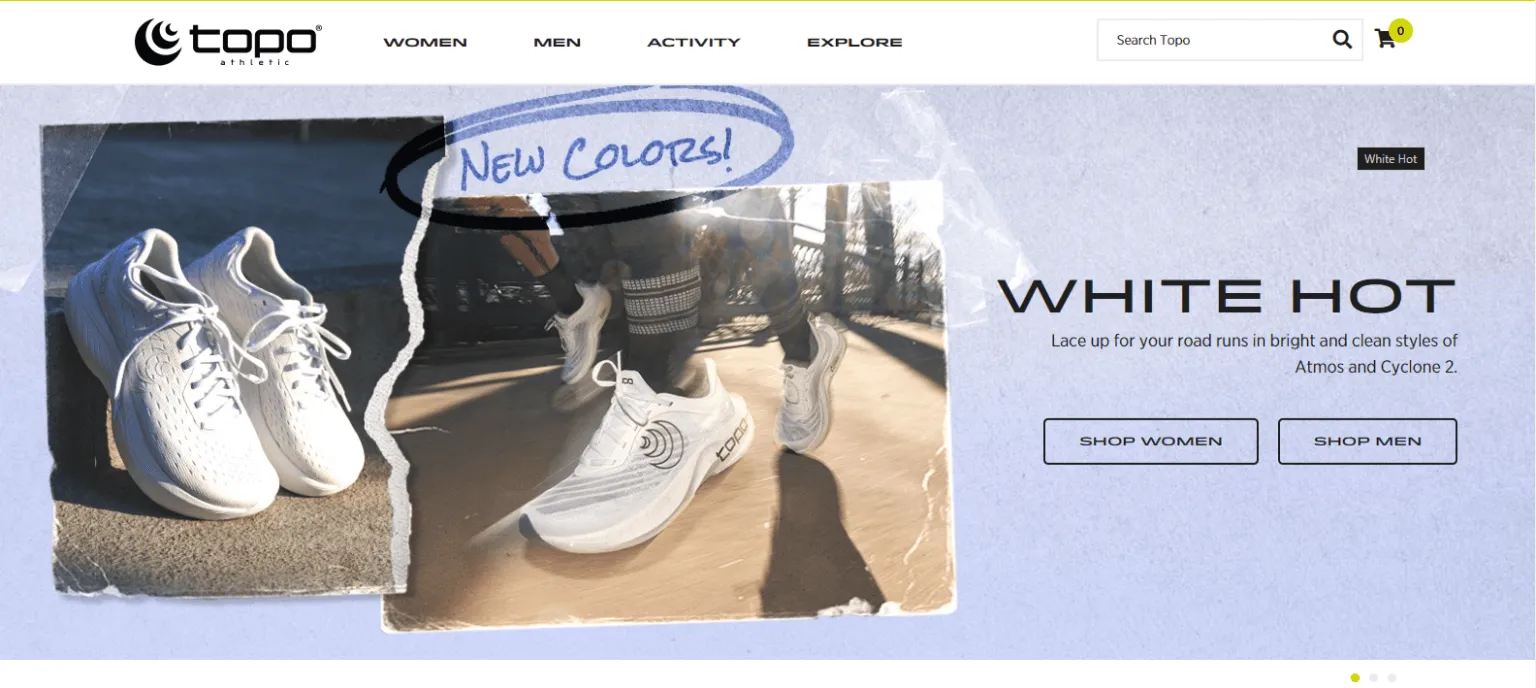
The agility and flexibility provided by NetSuite were instrumental in Topo Athletic ability to adapt quickly to market trends and consumer demands, driving growth and enhancing its brand presence in the competitive athletic footwear market.
These examples underscore the versatility and power of Oracle NetSuite as an omnichannel commerce platform, capable of supporting businesses in their quest to provide a seamless and integrated shopping experience. Through its robust ERP integration, real-time inventory management, and CRM features, NetSuite enables businesses to harmonize their operations across all channels, driving growth and fostering customer loyalty in the competitive landscape of omnichannel retail.
WooCommerce
WooCommerce is a free, open-source eCommerce plugin for WordPress, designed to provide businesses with the tools needed to sell products and services online. As a highly customizable platform, WooCommerce is particularly appealing to small and medium-sized businesses (SMBs), startups, and entrepreneurs who seek to leverage the power and flexibility of WordPress for their online stores. Its ease of use, combined with extensive customization options, makes WooCommerce an ideal choice for a diverse array of businesses, ranging from retail and digital products to subscription services and memberships.
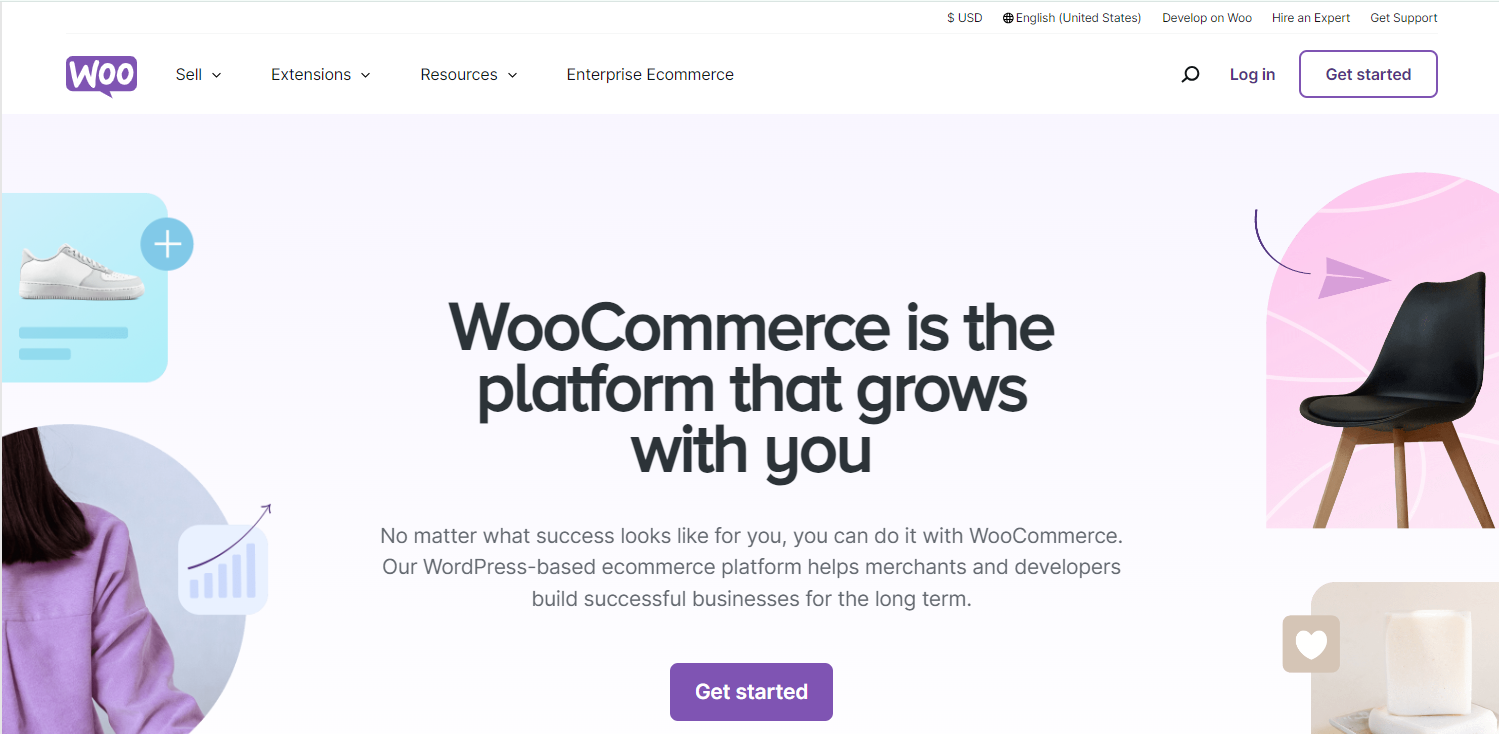
The target market for WooCommerce is broad, encompassing anyone looking to integrate eCommerce functionality into their WordPress website. This includes not only businesses aiming to launch their first online store but also established brands seeking to expand their digital footprint through a customizable and scalable platform.
Key Benefits for Omnichannel Retailers
WooCommerce offers a suite of advantages for omnichannel retailers, positioning it as a compelling choice among omnichannel commerce platforms:
- Flexibility: As an open-source platform, WooCommerce provides unparalleled flexibility, allowing businesses to customize every aspect of their eCommerce site. From the storefront’s appearance to the checkout process, businesses can tailor the shopping experience to meet their unique needs and the expectations of their customers.
- Wide Range of Plugins: The WooCommerce ecosystem boasts a vast array of plugins and extensions, enabling businesses to add specific functionalities to their store. Whether it’s integrating payment gateways, implementing advanced SEO strategies, or connecting with CRM systems, the extensive selection of plugins ensures that WooCommerce can adapt to the evolving needs of omnichannel retailers.
- Strong Community Support: WooCommerce benefits from a robust community of developers, users, and eCommerce experts who contribute to the platform’s development and provide valuable support. This community is an invaluable resource for troubleshooting, best practices, and innovative solutions to common eCommerce challenges.
- Seamless Integration with WordPress: Leveraging the power of the world’s most popular content management system, WooCommerce makes it easy for businesses to combine their eCommerce operations with content-rich websites. This seamless integration is ideal for implementing content marketing strategies, enhancing SEO, and providing a cohesive brand experience across all channels.
Examples of Successful Omnichannel Businesses Using WooCommerce
Several businesses have harnessed the capabilities of WooCommerce to drive their omnichannel strategies, achieving remarkable success in their respective markets.
Weber, a leading brand in outdoor grills and grilling accessories, harnessed the power of WooCommerce to extend its omnichannel retail strategy. With a focus on providing a seamless customer journey, Weber utilized WooCommerce to offer detailed product guides, grilling tips, and recipes alongside its eCommerce store, enriching the customer experience and building a community of grill enthusiasts.

The platform’s robust inventory management system ensured accurate stock levels across Weber’s online and physical stores, facilitating smooth order fulfillment and minimizing discrepancies. WooCommerce’s customization options also allowed Weber to tailor the shopping experience to different regions, accommodating local languages, currencies, and shipping preferences.
Thermos, the leading manufacturer of insulated food and beverage containers, leveraged WooCommerce to create a robust online store that complements its retail presence. With WooCommerce, Thermos was able to showcase its extensive product range in a well-organized and visually appealing manner, providing detailed product information and customer reviews to assist buyers in making informed decisions.
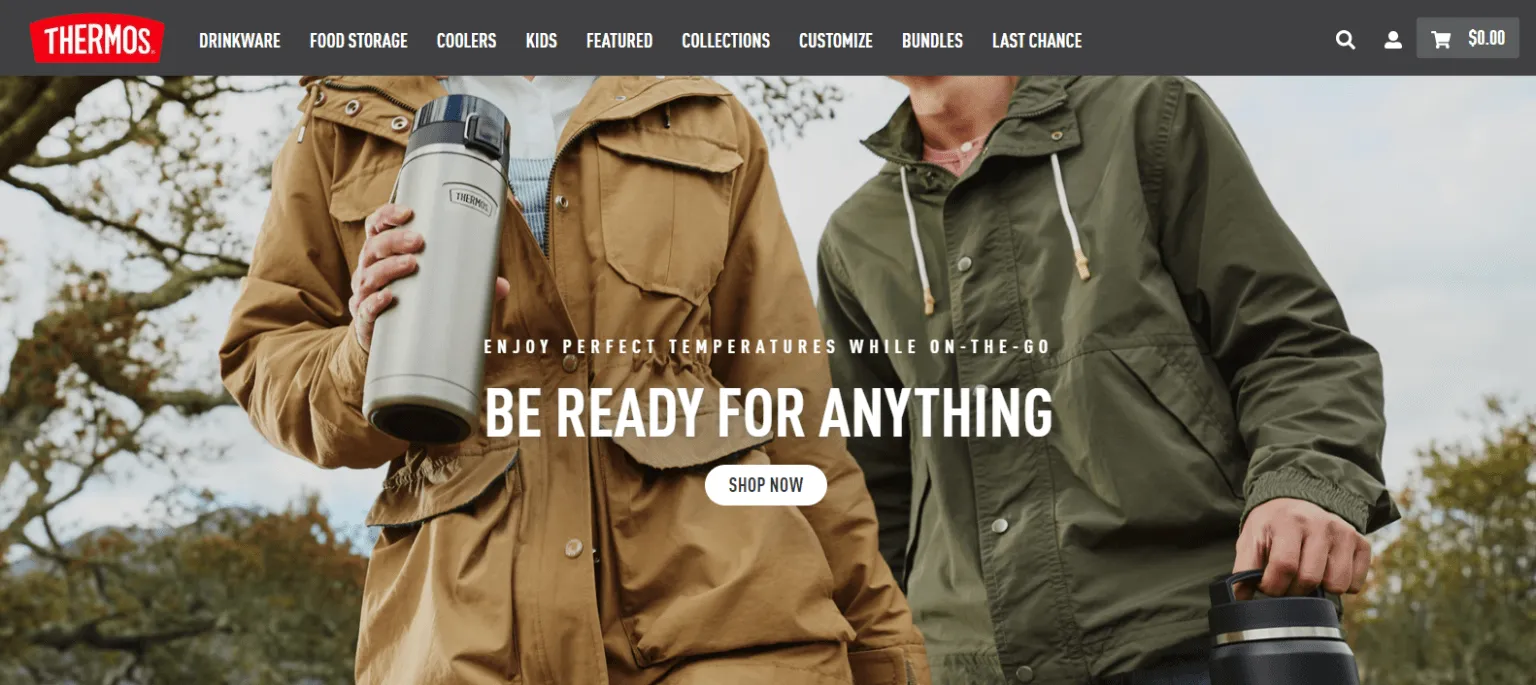
The platform’s seamless integration capabilities allowed Thermos to sync inventory and sales data across online and offline channels, ensuring a consistent shopping experience for customers. Additionally, WooCommerce’s flexibility enabled Thermos to implement various payment options and shipping methods, catering to the diverse preferences of its global customer base.
Airstream, known for its iconic travel trailers, adopted WooCommerce to offer an omnichannel shopping experience for its accessories and merchandise. By utilizing WooCommerce, Airstream was able to integrate its eCommerce operations with its existing WordPress website, maintaining brand consistency and enhancing user experience.
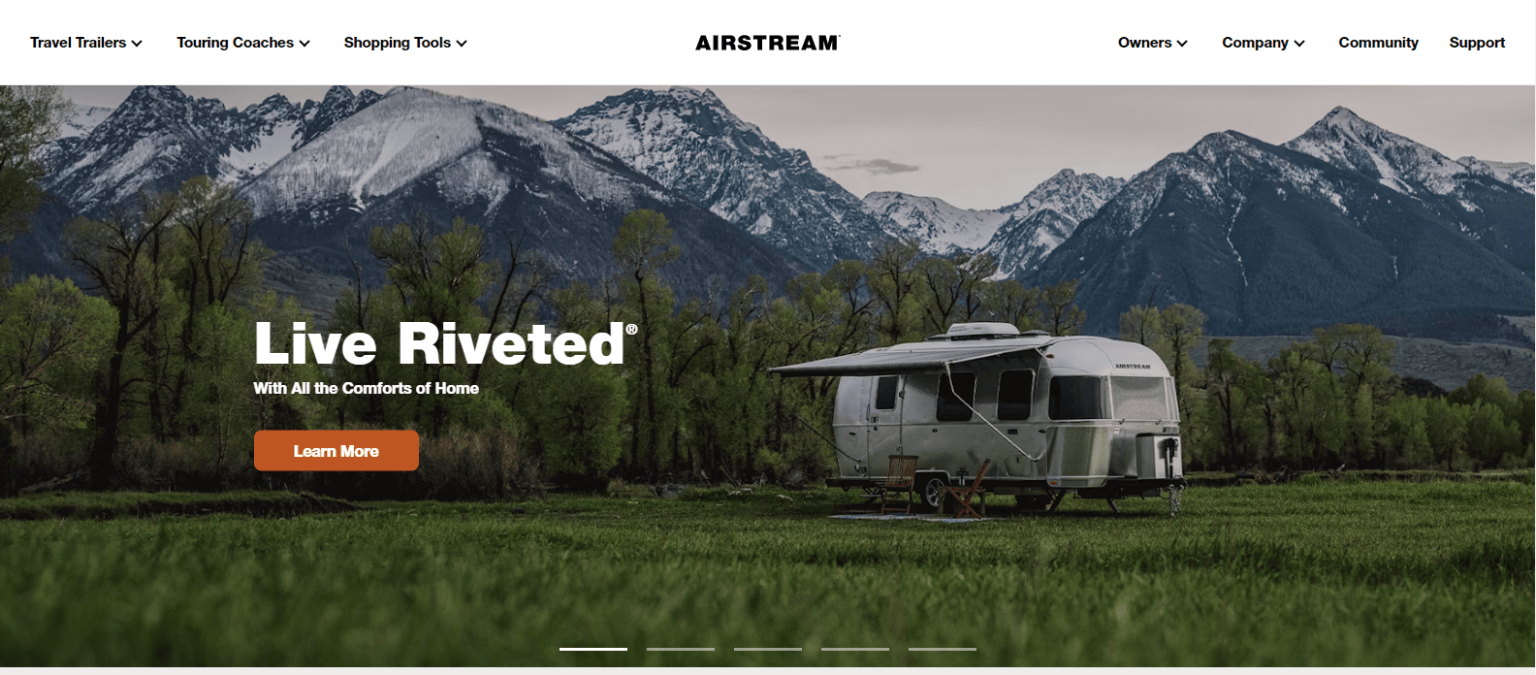
The platform’s extensive plugin ecosystem allowed Airstream to add functionalities such as product customization tools and loyalty programs, engaging customers and encouraging repeat business. WooCommerce’s scalability supported Airstream’s growth, enabling the company to manage increasing traffic and sales volumes efficiently.
These examples illustrate how WooCommerce, as one of the leading omnichannel commerce platforms, empowers businesses to create customized and integrated eCommerce solutions. By offering flexibility, a wide range of plugins, and strong community support, WooCommerce enables omnichannel retailers to craft unique online stores that resonate with their target audience, driving growth and fostering customer loyalty in a competitive digital landscape.
Squarespace Commerce
Squarespace Commerce is an extension of Squarespace, a platform widely acclaimed for its visually stunning website designs and intuitive site-building tools. Squarespace Commerce is designed to cater to small to medium-sized businesses (SMBs) across various industries, including retail, fashion, beauty, and art, among others. Its appeal lies in its simplicity and elegance, making it an ideal choice for brands that prioritize aesthetics alongside functionality in their online presence.

The target market for Squarespace Commerce consists of entrepreneurs, artists, and retailers who seek a balance between ease of use and the ability to create a professional, high-quality online storefront. Squarespace Commerce is particularly attractive to those with minimal technical expertise but with a keen eye for design, aiming to launch or elevate their eCommerce operations without compromising on the visual appeal of their brand.
Key Benefits for Omnichannel Retailers
Squarespace Commerce stands out among omnichannel commerce platforms for several reasons, each contributing to its success as a comprehensive eCommerce solution:
- Design-Centric Approach: Squarespace is renowned for its design-first mentality, offering a range of customizable, aesthetically pleasing templates that are optimized for eCommerce. This design-centric approach ensures that brands can create unique online stores that resonate with their identity and appeal to their target audience, fostering brand recognition and loyalty.
- Ease of Setup: With its user-friendly interface, Squarespace Commerce simplifies the process of setting up an online store. Retailers can easily add products, set up payment options, and manage inventory without needing extensive technical knowledge, making it accessible for businesses of all sizes.
- Reliable Customer Support: Squarespace provides robust customer support through various channels, including live chat, email, and a comprehensive knowledge base. This support is invaluable for omnichannel retailers who may need assistance in optimizing their online store, ensuring they can maintain a seamless shopping experience across all channels.
- Integrated Marketing Tools: The platform offers integrated marketing tools, such as email campaigns, social media integration, and SEO features, enabling businesses to enhance their online visibility and attract more customers. These tools are crucial for implementing effective omnichannel marketing strategies, driving traffic to both online and physical stores.
Examples of Successful Omnichannel Businesses Using Squarespace Commerce
Several businesses have effectively utilized Squarespace Commerce to develop their omnichannel strategies, showcasing the platform’s versatility and impact:
Cosmik, a gourmet freeze-dried ice cream company, embraced Squarespace Commerce to create an online storefront that mirrors the innovation and fun of its product offerings. By leveraging Squarespace’s intuitive design tools and eCommerce capabilities, Cosmik was able to craft an engaging online experience that effectively showcases its unique ice cream flavors and playful brand personality.
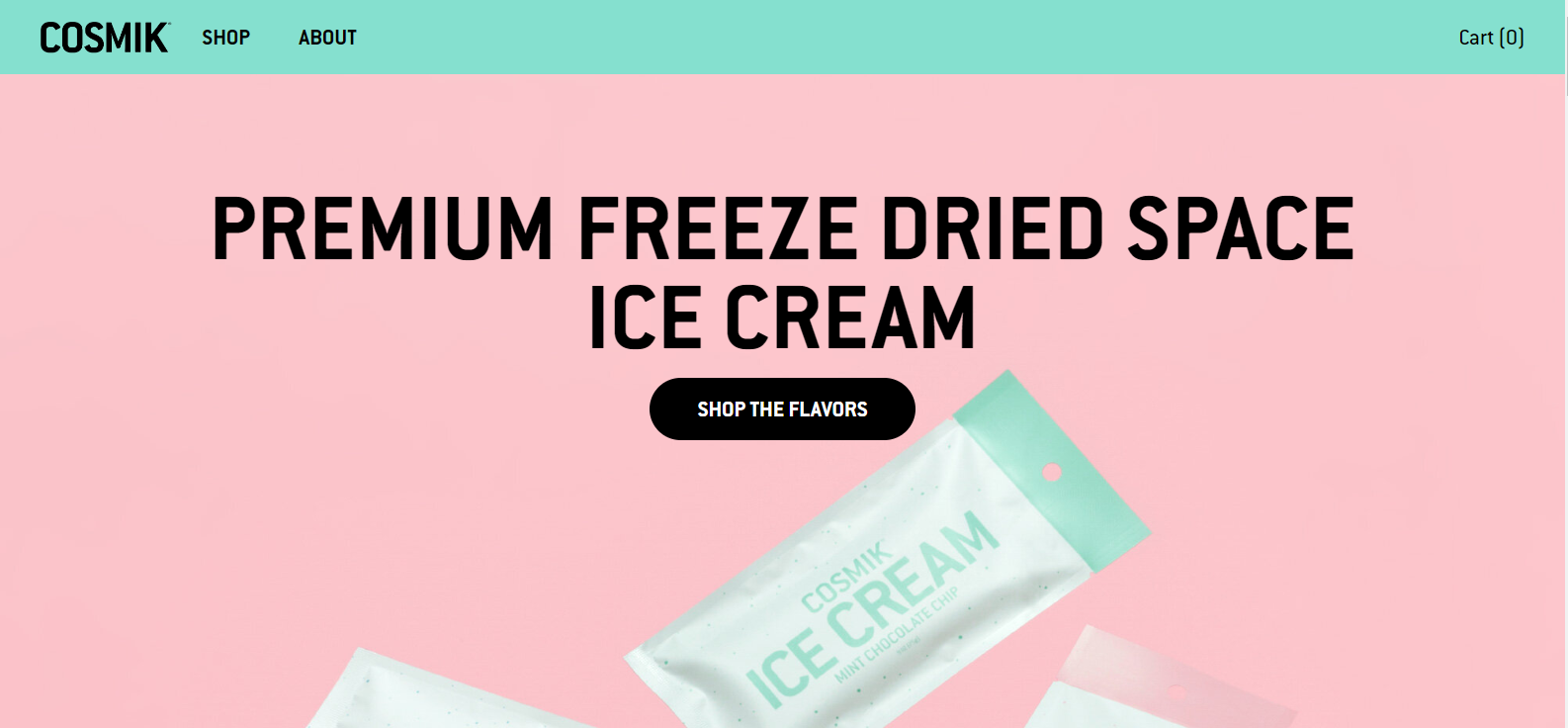
The platform’s seamless integration of eCommerce functionalities allowed Cosmik to manage online sales efficiently, syncing with their physical distribution efforts to specialty stores and events. This cohesive approach has helped Cosmik expand its market reach and elevate its brand recognition within the gourmet food industry.
Anime Impulse, an annual festival celebrating anime, manga, and all facets of Asian pop culture, utilized Squarespace Commerce to not only promote the event but also to sell tickets and merchandise online. The platform’s flexibility enabled Anime Impulse to create a vibrant and immersive website that captures the essence of the event, engaging fans and attendees with rich multimedia content.

Squarespace Commerce’s robust ticketing and merchandise sales solutions facilitated a smooth transaction process, enhancing the attendee experience from the point of purchase to the event itself. This omnichannel strategy has been pivotal in growing Anime Impulse’s audience and ensuring the event’s success year after year.
Epic Brewing, a craft brewery known for its artisanal beers, turned to Squarespace Commerce to develop an online presence that complements its physical brewery and taprooms. Through Squarespace, Epic Brewing was able to showcase its extensive beer selection, share the stories behind its brews, and sell merchandise directly to consumers.
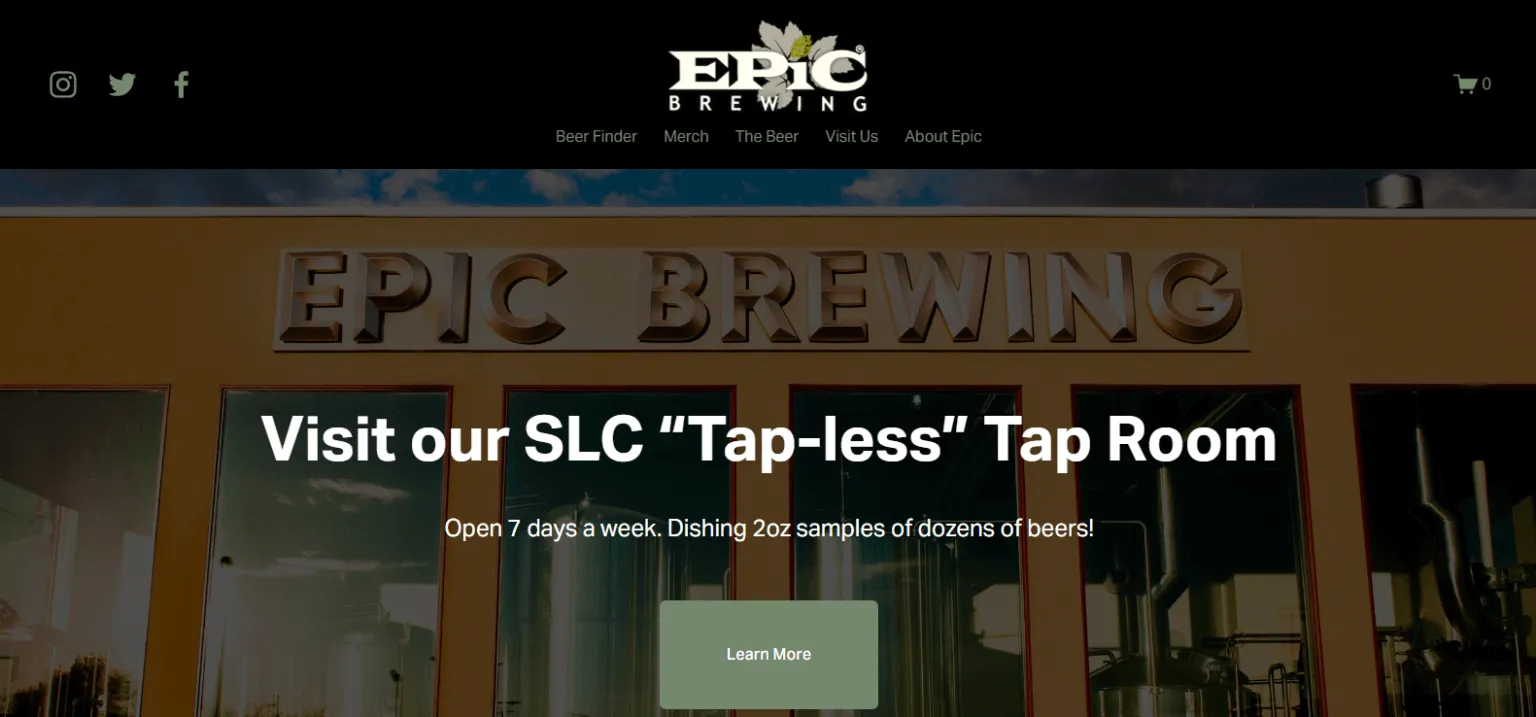
The platform’s eCommerce tools supported Epic Brewing in managing online orders efficiently, offering local pickup options, and integrating with its inventory system to ensure product availability. This omnichannel approach has allowed Epic Brewing to strengthen its brand connection with beer enthusiasts, drive sales, and enhance its visibility in the competitive craft beer market.
These examples illustrate how Squarespace Commerce serves as an essential tool for businesses aiming to enhance their omnichannel retail strategies. By combining a design-centric approach with ease of setup and reliable customer support, Squarespace Commerce enables retailers to create compelling online stores that seamlessly integrate with their overall brand experience, driving growth and customer loyalty in the increasingly interconnected world of eCommerce.
VTEX
VTEX is a leading cloud-based eCommerce platform, recognized for its comprehensive suite of features designed to facilitate complex commerce operations. It specializes in integrating digital and physical sales channels, enabling businesses to adopt a truly omnichannel approach. VTEX’s target market encompasses a wide range of businesses, from small and medium-sized enterprises (SMEs) to large corporations, across various sectors such as fashion, electronics, and consumer goods.
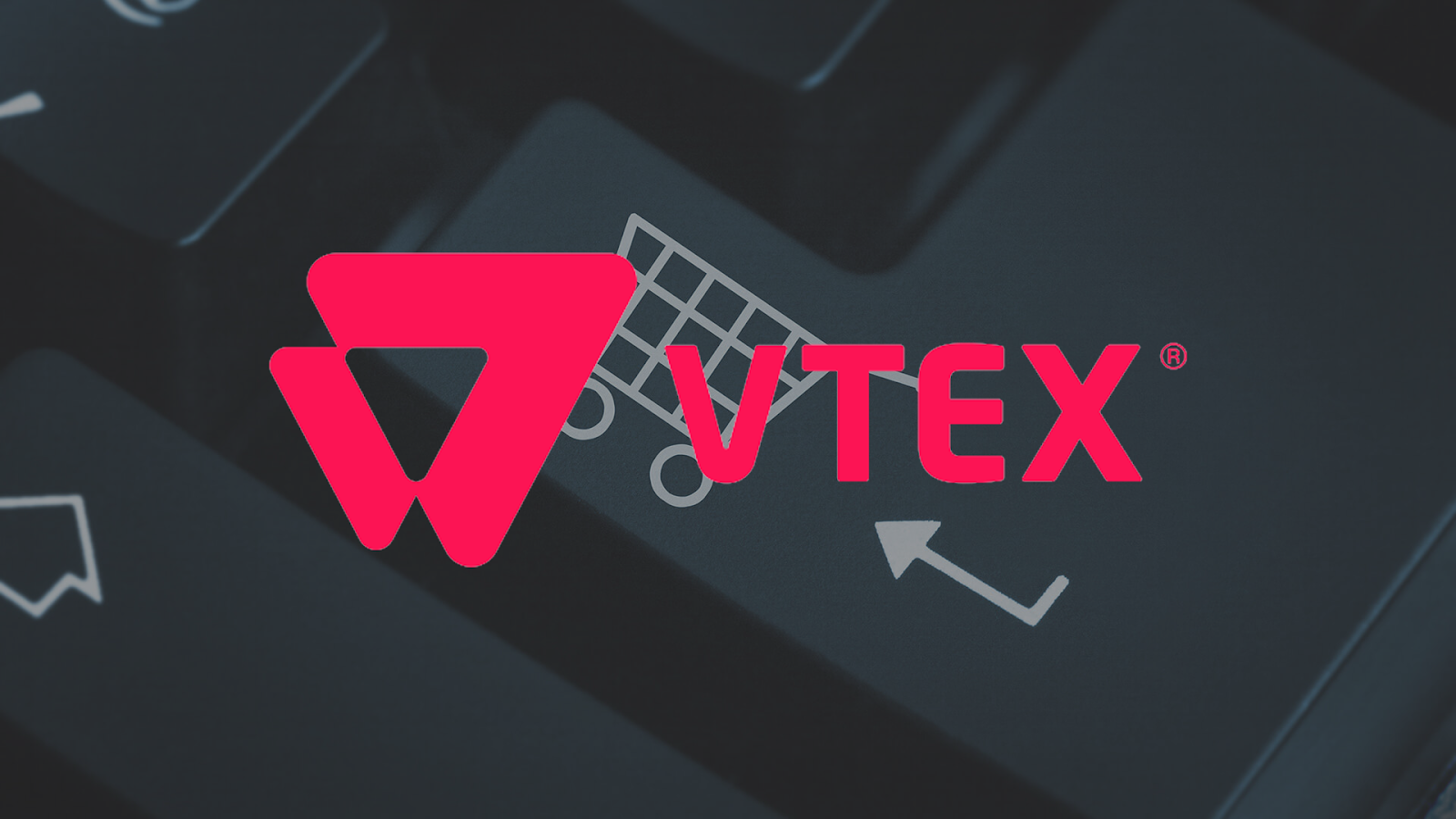
The platform is particularly appealing to businesses looking to expand their online presence through direct-to-consumer (D2C) sales or by launching digital marketplaces. VTEX’s global reach, scalability, and advanced features make it a suitable choice for companies aiming to grow internationally and innovate their sales channels.
Key Benefits for Omnichannel Retailers
VTEX offers several key advantages that make it a competitive choice among omnichannel commerce platforms:
- Marketplace Capabilities: VTEX stands out for its robust marketplace functionality, allowing businesses to host third-party sellers alongside their own offerings. This feature not only diversifies the product catalog for a richer customer experience but also opens additional revenue streams for the host business. The platform facilitates smooth operations of these marketplaces, including payment processing, commission management, and seller integration.
- Direct-to-Consumer (D2C) Focus: Recognizing the growing trend of manufacturers selling directly to consumers, VTEX provides specialized tools for D2C sales. These tools enable businesses to build closer relationships with their customers, gather valuable data, and tailor offerings to customer preferences, bypassing traditional retail intermediaries.
- Cloud-Based Flexibility: As a cloud-based platform, VTEX offers unparalleled flexibility and scalability, crucial for businesses in the dynamic eCommerce landscape. This cloud infrastructure ensures that businesses can quickly adapt to market changes, handle peak traffic volumes without downtime, and scale their operations globally without significant upfront investment.
- Unified Commerce Experience: VTEX promotes a cohesive omnichannel strategy by integrating online and offline sales channels, offering features such as inventory synchronization, unified customer profiles, and in-store pickup options. These integrations ensure a consistent and convenient shopping experience for customers, regardless of how they choose to interact with the brand.
Examples of Successful Omnichannel Businesses Using VTEX
Several prominent businesses have successfully leveraged VTEX to drive their omnichannel strategies and achieve remarkable growth:
Samsung Electronics’ implementation of VTEX has been instrumental in elevating its omnichannel commerce strategy. The flexibility and comprehensive feature set of VTEX allowed Samsung to not only meet the current demands of its diverse customer base but also to future-proof its sales channels against the rapidly evolving eCommerce landscape.

Samsung has leveraged VTEX to revolutionize its online presence, creating a direct-to-consumer (D2C) platform that effectively complements its extensive network of physical stores and dealers. The platform’s robust capabilities in handling complex product assortments and configurations have allowed Samsung to cater to the diverse needs of its global customer base, resulting in increased sales and customer engagement.
Logitech, a leader in personal peripherals for computers and other digital platforms, adopted VTEX to streamline its global eCommerce operations and provide a cohesive omnichannel experience. The VTEX platform has enabled Logitech to manage its diverse product portfolio across different regions and languages, ensuring a consistent brand experience worldwide.

Additionally, VTEX’s integrated analytics tools have provided Logitech with valuable insights into customer behavior and preferences, guiding product development and marketing strategies. This strategic use of VTEX has supported Logitech’s mission to design products that have an everyday place in people’s lives, connecting them to the digital experiences they care about.
Walmart’s successful implementation of VTEX has significantly contributed to its reputation as a leader in omnichannel retail. By providing customers with a seamless, integrated shopping experience across digital and physical channels, Walmart has not only retained a competitive edge but also set new industry standards for customer convenience and satisfaction.

With VTEX, Walmart has been able to expand its online product offerings by seamlessly integrating third-party sellers into its eCommerce ecosystem. This collaboration has not only diversified Walmart’s product range but also enhanced its ability to meet customer demands quickly and efficiently. Furthermore, VTEX’s flexible order management system has enabled Walmart to offer customers various fulfillment options, such as click-and-collect and same-day delivery, thereby improving convenience and driving customer loyalty.
These examples highlight VTEX’s role as a transformative force for businesses seeking to excel in omnichannel retailing. By offering marketplace capabilities, a strong direct-to-consumer focus, and cloud-based flexibility, VTEX empowers retailers to navigate the complexities of modern eCommerce, adapt to changing consumer behaviors, and achieve sustainable growth. Through its innovative approach and comprehensive feature set, VTEX cements its position as one of the leading omnichannel commerce platforms in today’s digital marketplace.
Comparison and Decision-Making: How to choose the best omnichannel commerce platforms
This segment of the blog post will guide businesses through the decision-making process, offering a comparative overview of the top 9 omnichannel commerce platforms and outlining crucial factors to consider.
Evaluation and Decision-Making Criteria
The selection of an omnichannel commerce platform should be driven by a clear understanding of the business’s current needs and future growth plans. Here are some key criteria to consider:
- Business Size and Complexity: Smaller businesses might prioritize ease of use and low upfront costs, while larger enterprises may require advanced features like global scalability, extensive integration capabilities, and robust support structures.
- Industry-Specific Needs: Certain platforms offer specialized functionalities catering to specific industries (e.g., fashion, electronics, B2B). Identifying a platform with experience in your industry can lead to better alignment with your business requirements.
- Global Reach: For businesses looking to expand internationally, platforms that offer multi-language, multi-currency, and global marketplace capabilities are essential.
- Integration Capabilities: The ability to seamlessly integrate with existing systems (ERP, CRM, POS) and third-party services is critical for maintaining a unified operation.
- Scalability: The chosen platform should be able to grow with your business, handling increased traffic and transactions without compromising performance.
- Support and Reliability: Consider the level of support offered, including availability, responsiveness, and access to a knowledgeable community.
- Cost: Evaluate the total cost of ownership, including setup fees, monthly or annual subscription fees, transaction fees, and any additional costs for plugins or extensions.
Comparison Chart of Top 9 Omnichannel Commerce Platforms
Here’s a detailed list summarizing the key features and benefits of each of the top 9 omnichannel commerce platforms:
Shopify Plus
- Industry Focus: Broad, versatile for various retail sectors.
- Key Benefits: High customizability, extensive app marketplace, robust POS system.
- Scalability and Global Reach: High, with support for international sales.
- Cost: Medium to high.
Magento
- Industry Focus: Broad, excels in both B2B and B2C.
- Key Benefits: Deep customization options, strong community, comprehensive B2B features.
- Scalability and Global Reach: High.
- Cost: High.
BigCommerce
- Industry Focus: Broad, strong in mid-market and enterprise retail.
- Key Benefits: Native multi-channel support, extensive APIs, headless commerce capabilities.
- Scalability and Global Reach: High.
- Cost: Medium to high
Salesforce Commerce Cloud
- Industry Focus: Broad, aimed at enterprise-level businesses.
- Key Benefits: AI-driven personalization, customer insights, CRM integration.
- Scalability and Global Reach: High.
- Cost: High.
SAP Commerce Cloud
- Industry Focus: Diverse, including retail and telecommunications.
- Key Benefits: Strong B2B and B2C functionalities, global support, powerful integration capabilities.
- Scalability and Global Reach: High.
- Cost: High.
Oracle NetSuite
- Industry Focus: Broad, integrates well with ERP systems.
- Key Benefits: Unified cloud solution, real-time analytics, extensive ERP features.
- Scalability and Global Reach: High.
- Cost: High
WooCommerce
- Industry Focus: SMEs, best for WordPress users.
- Key Benefits: Flexibility, wide range of plugins, strong community support.
- Scalability and Global Reach: Medium.
- Cost: Low to medium.
Squarespace Commerce
- Industry Focus: SMEs, ideal for design-centric industries.
- Key Benefits: Beautiful templates, ease of setup, integrated marketing tools.
- Scalability and Global Reach: Medium.
- Cost: Low to medium.
VTEX
- Industry Focus: Broad, suitable for enterprise and global expansion.
- Key Benefits: Marketplace capabilities, D2C focus, cloud-based flexibility.
- Scalability and Global Reach: High.
- Cost: Medium to high.
Factors to Consider
- Cost vs. Value: Beyond just the price, consider the value each platform brings to your business. Higher costs might be justified by extensive features, scalability, and support that can drive significant business growth.
- Scalability and Performance: Ensure the platform can handle your projected growth in terms of products, customers, and transaction volumes. Performance should not be compromised as your business scales.
- Support and Community: The availability of responsive support and a vibrant community for advice and troubleshooting can be invaluable, especially for businesses without large IT departments.
- Integration and Flexibility: A platform that easily integrates with your existing systems and offers flexibility through customizations and extensions will be crucial for a seamless omnichannel experience.
Conclusion
The journey toward selecting an omnichannel commerce platform is a nuanced and critical process, with far-reaching implications for your business’s operational efficacy, customer satisfaction, and competitive edge. As you contemplate this decision, let your long-term goals, commitment to customer experience, and potential for growth guide you. The future of commerce is omnichannel, and with the right platform, your business is poised to thrive in this ever-evolving landscape, meeting tomorrow’s challenges with resilience and innovation.
If you find our content helpful, please consider subscribing to our newsletter so that we can send you our updates right after we produce them.



